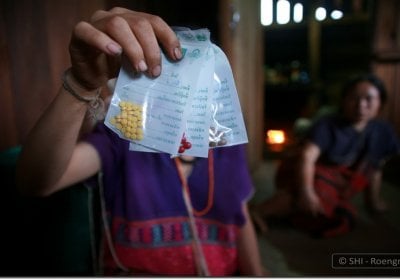Addressing Issues around Antimicrobial Resistance in Asia: Lessons from Pakistan and Cambodia
Antimicrobial resistance (AMR) is becoming recognised increasingly as a global issue, although it is likely to affect disproportionately low- and middle-income countries, such as Pakistan and Cambodia. Following the 2015 World Health Assembly, all countries were urged to develop National AMR Action Plans with WHO/FAO/OIE assistance, in an attempt to reduce inappropriate antibiotic use. Improving appropriate access to high quality antibiotics is a cornerstone of global and national AMR action plans, but formulation of these plans is hindered by limited knowledge about the diverse stakeholders who (may) influence the use and supply of antibiotics, and how their perceptions, connections and motivations (economic and otherwise) may drive practices. In this seminar, we will present a new methodology used in, and preliminary findings from, our current research projects, which focus on different groups in these two Asian countries: policy actors in Pakistan, and healthcare providers in Cambodia.
Admission
Contact




